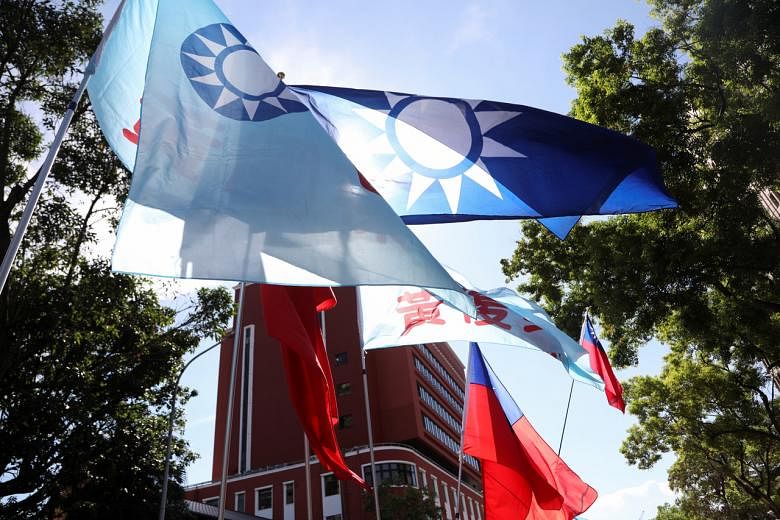TAIPEI ( THE CHINA POST/ASIA NEWS NETWORK) - A recent amendment proposed by Taiwan's Executive Yuan lowered the legal age of majority to 18, allowing youth to vote and get married at an earlier age.
The change, which required alterations made to 38 laws and affected at least 18 different government agencies, would call for another 2 years before it could come into effect but it is poised to impact Taiwan's society for the best and worst, including the political landscape.
Voting at 18: Are Taiwanese Youth Well-Equipped?
The legal age of majority in 110 countries is 18 worldwide, while the current age of the majority in Taiwan has remained at 20 since the constitution was put into effect in 1947.
The legal age of majority is the age where an individual is deemed mature enough to face legal repercussions for their actions. This is the age when they gain access to a higher degree of rights and responsibilities too.
Yet, times have changed and today's youth is more proactive and well-informed owing to better education and wider communication tools thanks to technology.
Strong Party Identification
Earlier this year, President Tsai won in a landslide victory her re-election bid. It became apparent that the youth vote played a pivotal role in her campaign's success, and that Kuomintang's (KMT) policies haven't entirely appealed to Taiwan's younger generations.
Voting patterns strongly correlate with party identification and family backgrounds. KMT has often attracted older voters who come from military families and have resided on the island for decades.
On the contrary, Taiwanese youth are accustomed to freedom of speech and are more liberal-minded than their elder counterparts.
But, party identification is the mental association of a voter with one party over many years. This is often instilled in younger individuals through their parents.
The emphasis of and exposure to one party will create a deep sense of loyalty and herd mentality.
This loyalty, however, can swing during one or two elections depending on which candidate's policies an individual's interests are best aligned with.
Taiwanese youth align themselves with more liberal campaigns while their parents may not necessarily share the same opinions as them.
According to polling data compiled by Nathan Batto, over 57 per cent of voters aged 20-29 cast their vote for President Tsai in the presidential election in January this year, contrasting greatly from the 12 per cent that cast their vote for the KMT.
The general trend suggested a positive correlation between older age brackets and voter support for the KMT.
Foreshadowing of the Youth Vote
There isn't any concrete prediction for the consequences of lowering the legal age of majority on Taiwan's young voters.
A consensus shows that the youth prefer to vote for political campaigns that emphasise Taiwanese identity and it's slow but steady unbinding from the holds of its past.
They have a unique lens on current politics and are informed on the decisions they make about their futures regardless of what their parents think.
The generational gap is growing aided by the youth's increased reliance on technology. Their voices are deafening on social media platforms, however, to translate this fervent passion into tangible progress, they must vote.
It's one of the most significant ways to use their legal right and enforce their collective vision of a better future.
More importantly, Taiwan's youth need to comprehend the weight of this amendment, it opens an entire multitude of possibilities and unique political leverage.
It takes a certain level of maturity to recognise the value of a lower legal age of majority and to use this responsibility wisely.
The question at hand, then, is whether or not Taiwan's younger generations will make the ideal and unbiased choice when the opportunity to vote presents itself?
The writer is a student and contributor to The China Post. The paper is a member of The Straits Times media partner Asia News Network, an alliance of 24 news media organisations.

